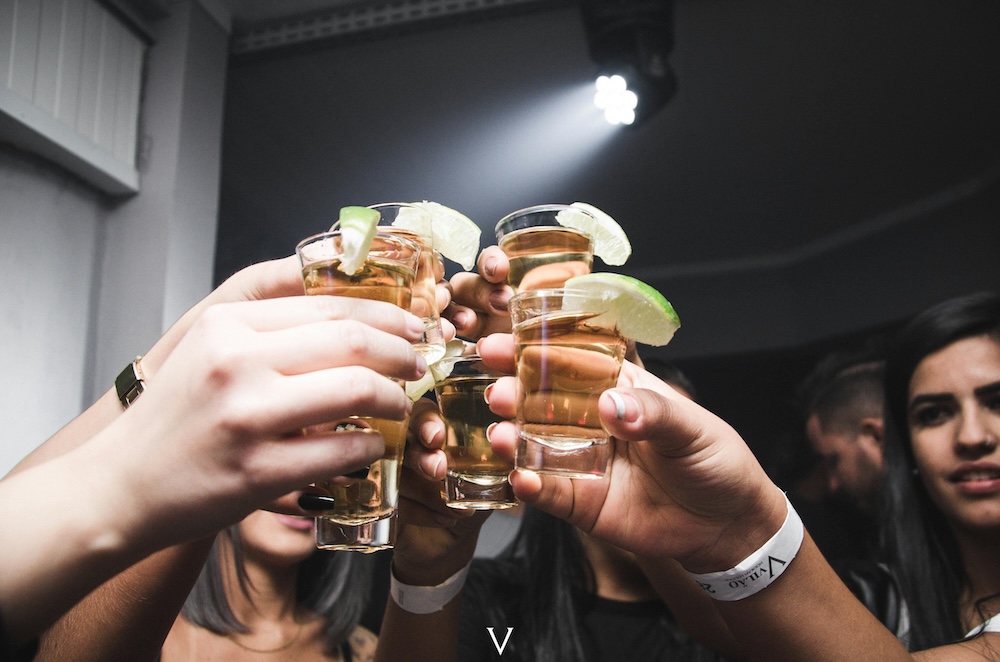
The holidays are fast approaching and many of us are thinking about gathering with family and friends to celebrate. Typically, these celebrations will involve alcohol and it is important to know your rights and responsibilities as a party host and/or guest. Specifically, I’d like to address the issue of the consumption of alcohol by an underage person. In New Jersey, there is a specific statue that prohibits adults from serving minors alcoholic beverages: Providing Alcohol to Minors: N.J.S. 2C:33-17.
In the past, I have had to defend clients charged with N.J.S2C:33-17, some of whom were merely hosting a party and claim they did not know that minors were sneaking alcohol.
A typical case may involve parents who allow their teenager to host a party in the basement. The parents might even verbally admonish their teen not to have any alcohol or drugs, but this does not necessarily ensure their rule will be followed.
Regardless of their verbal warning, the statutory language is clear: a. Anyone who purposely or knowingly offers or serves or makes available an alcoholic beverage to a person under the legal age for consuming alcoholic beverages or entices or encourages that person to drink an alcoholic beverage is a disorderly person.
Now, there are exceptions to this rule. For example, parents can allow their children some alcohol. However, if you are hosting a party, and there are minors present, it is your job to ensure they are not either openly or secretively drinking any alcohol which you have provided. Announcing your policy to guests could go a long way in providing cover for you should any legal consequences later develop.
Concerned hosts should not just be wary of the legal consequences of underage drinking laws in New Jersey… A study conducted by the American Medical Association indicated underage drinking contributed to almost half of all car accidents involving teenagers, which by the way is the leading cause of death among teenagers in the United States!
So, what can you do? Well, one option is simply to avoid serving any alcohol if you know children will be present. A second option is to keep all alcohol in a separate and monitored area where the party is taking place. You could even provide special cups for alcohol use only.
Obviously a committed minor can still try to sneak a few drinks, but if you have been diligent in your efforts to keep alcohol away from minors then you’ll have some insulation from possible prosecution. Remember, statue indicates that the adult must either “purposely” or “knowingly” offer the alcohol to a minor.
In the hypothetical I referenced above, the clients knew alcohol was stored in their basement, the location of their teen’s party. So, they “knowingly” offered or made available alcohol. By being more contentious, you can avoid similar problems.
In closing, I want to point out that the issue of serving alcohol to minors is but one of several legal concerns that you may wish to think about before hosting a party. Another important topic addresses instances of adult guests who have become inebriated on alcohol you, as host, have provided. Allowing this drunken guest to leave your party and get behind the wheel can bring possible criminal and/or civil penalties. But that is a topic for another article.
© 2025 Gruber, Colabella, Thompson, Hiben & Montella. All rights reserved. Attorney advertising.
